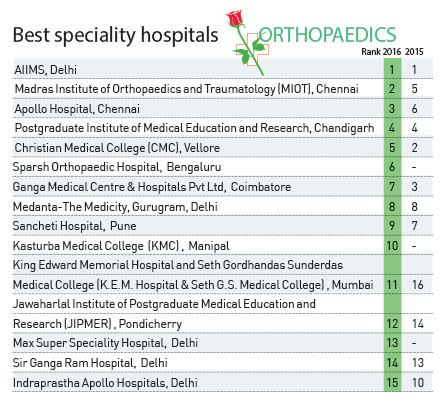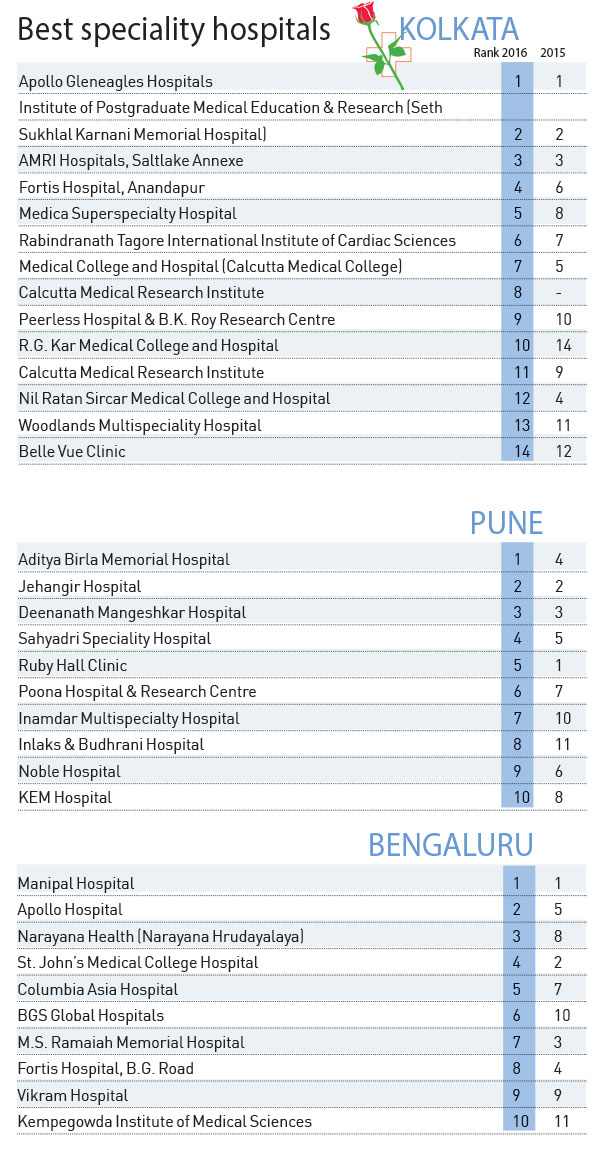Amar Rathor was just 13 when he started gaining weight. Within two years, the lean boy turned obese and started feeling breathless after even a brief period of physical activity. Amar was found to have high cholesterol, high blood sugar and high blood pressure. His doctor said he was suffering from metabolic syndrome, a cluster of inter-related diseases, caused generally by a faulty diet and sedentary lifestyle.

Metabolic diseases are acquiring epidemic proportions in India and people from all age groups, including children, are suffering from one or more of metabolic diseases. These include diabetes, high blood pressure, increase in triglycerides, low HDL cholesterol (high density lipoprotein cholesterol, also known as good cholesterol) and obesity.
Those suffering from one of these conditions are at a higher risk of developing others. Dr Anoop Misra, an endocrinologist in Delhi, said Indians were genetically prone to metabolic diseases. The changing lifestyle is triggering the bad genes, leading to the manifestation of these diseases at a much younger age.
“As one gains weight, fat gets deposited around the liver, pancreas and abdomen. The fat around the liver will interfere with the functioning of the liver, pancreas and the intestines. As a result, digestion and absorption of sugar and proteins get affected. It disturbs the harmony among various internal organs and burdens them with residues of undigested and unabsorbed food. If this situation persists for a long time, it may lead to metabolic diseases,” said Misra. “Liver fat is just one step away from diabetes mellitus and two steps away from coronary artery disease.”
Metabolic diseases have become so common that hospitals have specialised clinics for these patients. Metabolic diseases need a multidisciplinary approach—a change in lifestyle and diet is an integral part of the treatment. Medicines, too, need to be adjusted at a regular basis.

“The body's hormones also play an important role in some cases. So, you need a physician, an endocrinologist, a nutritionist and a fitness expert to deal with them,” said Dr S.K. Wangnoo, chairman, metabolic diseases at Indraprastha Apollo Hospitals, Delhi.
Doctors say awareness about metabolic diseases, especially their causes and control, is important. “Parents don't realise that dietary requirement of a child keeps changing. And high-fat and low-fibre diet is not good at any stage of life,” said Dr Kirti Joshi, a Mumbai-based endocrinologist. “Most of the young patients who come to me report a sudden weight gain after reaching puberty.”
Doctors say that 13 is the age when many changes occur in the body, and parents need to monitor their children's growth pattern, diet and lifestyle. "Metabolic diseases at this age have long-term implications, but at the same time with corrective measures, they can be reversed,” said Wangnoo.
Misra said metabolic diseases were life-long diseases, and patients often required adjustments in their medicines. "They show resistance to one medicine or dose after some time. So, a constant inflow of new medicines is important.”
New Hope
Dr V. Mohan, Chennai-based diabetologist
Today, 25 per cent of the urban population and 10 per cent of the rural population in India are suffering from diabetes. To tackle this scary situation, we need to equip ourselves with various tools—awareness campaigns, medication and a cure. The biggest change in diabetes care would come with greater use of pharmocogenomics,which tells us which medicine would be most effective for a particular patient. It will reduce the dependency on insulin dramatically. The next big thing we are looking at is to find a cure for diabetes. I think we are very close. In future, we may cure diabetes by replacing beta cells.







